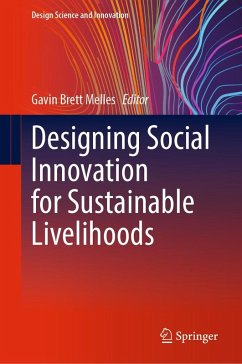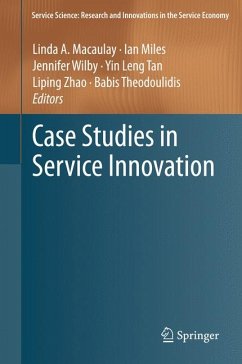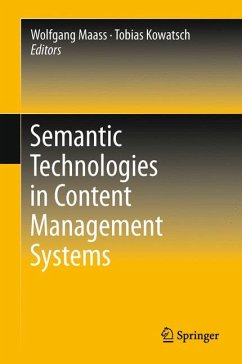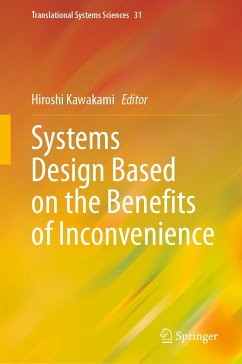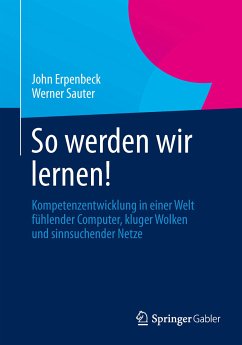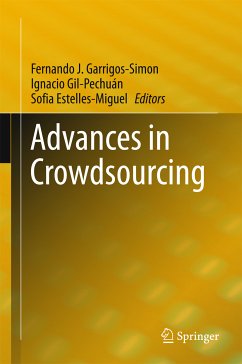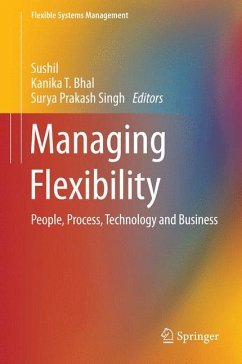
Design Thinking Research (eBook, PDF)
Measuring Performance in Context
Redaktion: Plattner, Hasso; Leifer, Larry; Meinel, Christoph
Versandkostenfrei!
Sofort per Download lieferbar
72,95 €
inkl. MwSt.
Weitere Ausgaben:

PAYBACK Punkte
36 °P sammeln!
This book summarizes the results of the third year in the Design Thinking Research Program, a joint venture of Stanford University in Palo Alto and the Hasso Plattner Institute in Potsdam. Understanding the evolution of innovation, and how to measure the performance of the design thinking teams behind innovations, is the central motivation behind the research work presented in this book. Addressing these fundamental concerns, all of the contributions in this volume report on different approaches and research efforts aimed at obtaining deeper insights into and a better understanding of how desi...
This book summarizes the results of the third year in the Design Thinking Research Program, a joint venture of Stanford University in Palo Alto and the Hasso Plattner Institute in Potsdam. Understanding the evolution of innovation, and how to measure the performance of the design thinking teams behind innovations, is the central motivation behind the research work presented in this book. Addressing these fundamental concerns, all of the contributions in this volume report on different approaches and research efforts aimed at obtaining deeper insights into and a better understanding of how design thinking transpires. In highly creative ways, different experiments were conceived and undertaken with this goal in mind, and the results achieved were analyzed and discussed to shed new light on the focus areas. We hope that our readers enjoy this discourse on design thinking and its diverse impacts. Besides looking forward to receiving your critical feedback, we also hope that when reading these reports you too will get caught up in the fun our research teams had in carrying out the work they are based on: understanding innovation and how design thinking fosters it, which was the motivation for all the research work that is reported on in this book.
Dieser Download kann aus rechtlichen Gründen nur mit Rechnungsadresse in A, B, BG, CY, CZ, D, DK, EW, E, FIN, F, GR, HR, H, IRL, I, LT, L, LR, M, NL, PL, P, R, S, SLO, SK ausgeliefert werden.




